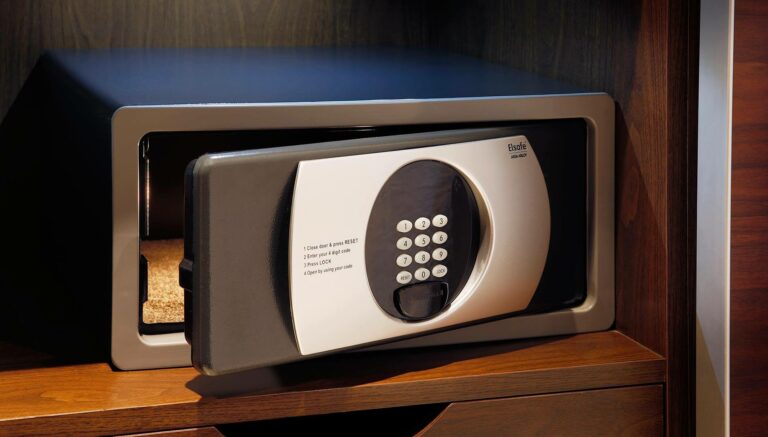There are tons of CRM systems in the market right now. If you were to search for one that suits your business the best, you’ll have a hard time figuring out which one is the ideal one for you. To find the right platform, you’ll need to do thorough research and ensure that it has all the features you’ll need to optimize and upgrade your business’s operations.
When it comes to enterprise vs small business, there are CRMs in both categories trying to address the needs of the target market. To help you understand what the key differentiating factors are between the two, we’ll be looking at each one separately, followed by their differences.
What is an Enterprise CRM?
The CRM that is useful for large companies with a massive workforce is known as an enterprise CRM. These kinds of CRM systems include various tools that help in the automation of company processes and bringing together all departments on a single page.
Since large companies are multi-layered and have many units and subunits, enterprise CRM systems have a lot of room for customization and require strong technical skills to set up.
So even though initially it might seem overly complicated or time-consuming to learn, in the long run, the return on investments will be huge. If you work on a ready-made one and customize it to serve your needs, you’ll be able to enhance your KPI multiple times.
Several menial and time-consuming tasks will be eliminated which will lead to an overall improvement in the efficiency of the company’s operations.
CRM Options for Enterprises
Some of the most popular CRM platforms for large businesses are:
- Salesforce
- Oracle CRM On Demand
- HubSpot CRM
- Zoho CRM for Enterprise
What is a Small Business CRM?
The best CRM for small businesses is one that is cost-effective, easy to use, and don’t need to be installed. This is because in small business or companies, there is hardly any time or resources for an overly complicated installation setup.
Further, CRM for small businesses is a wider concept since it also includes mid-sized companies. Such CRMs need to be easily accessible and not tied to a particular computer as small business many times don’t even have an office.
Fewer features in these kinds of CRMs are okay, as long as they’re accessible and they help in streamlining tasks and improving the efficiency.
CRM Options for Small Business
- Zoho CRM or Zoho One suite
- Pipedrive
- Less Annoying CRM
- Monday.com CRM
What’s the Difference Between CRMs for Enterprise and Small Businesses?
As we’ve already mentioned earlier, the best CRM for small businesses is one that is less feature-heavy and easy to use. Unlike enterprise CRMs, many small businesses don’t even have IT departments that can assist in upkeeping CRMs.
Further, such systems also need to be fairly intuitive so that they are easy to navigate and can be used by most people – especially those with no technical knowledge. Too many features only result in complex software which could be detrimental for small businesses.
Therefore, the core concept on which CRMs are developed for small businesses and enterprises is different. This key difference separates them from one another.
However, apart from this, there is another major reason difference between the two – how they are sold. At large-sized companies, software purchasing decisions are ultimately made by executives such as the CEO or CFO.
But they aren’t the ones who will be using the product. Meanwhile, in small businesses, such decisions are mostly made by those who will be operating the CRM system. Therefore, more focus is placed on creating a product that most people can use easily, even if there aren’t many advanced options.
To know more about CRMs and how exactly Zoho crm integration services can improve your business, visit Customerization.












